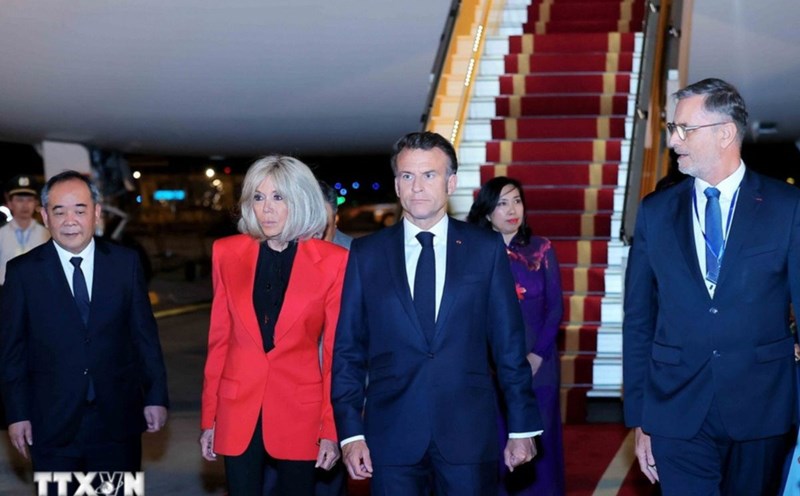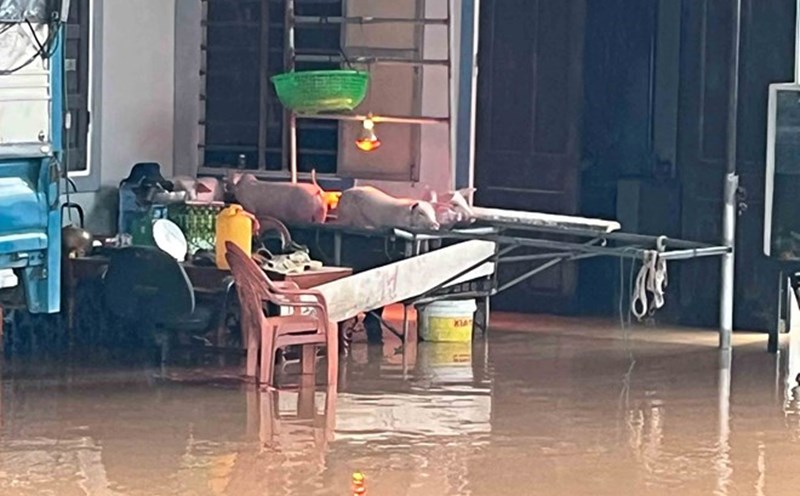US businesses are assessing the feasibility and cost of restarting downed German nuclear power plants.
The information was published by German newspaper Bild in the context of the EU's largest economy facing skyrocketing energy prices and prolonged stagnant growth.
Germany closed its last three reactors in April 2023, after the country's parliament decided to phase out post-disaster nuclear research. However, in the context of falling industrial production, calls to reverse this policy are increasing.
This week, many politicians and experts supporting nuclear power gathered in Berlin, Germany to discuss the possibility of reactivating nuclear power plants that have stopped operating.
One of the event's attendees was American nuclear engineer Mark Nelson, founder of radiant Energy Group, who is studying the feasibility and speed of the restart.
No place in the world has a cheaper way to produce electricity than by reopening nuclear power plants that have paid all their investment costs, Mark Nelson told Bild.
He said that if there is a consortium of investors supporting, Germany could put all 9 nuclear reactors back into operation. Arbitrations that nuclear power is too expensive, he said, are largely based on assumptions that are distorted or influenced by political motives.
Mr. Nelson also emphasized that renewable energy alone is not enough for consumption needs. In the first quarter of 2025, renewable energy will only meet 47% of Germany's electricity needs.
Before the conflict in Ukraine broke out, German industries were heavily dependent on Russian gas. After closing its nuclear plants at the end of 2023, Berlin has increased its electricity imports. In the context of the EU's determination to end its dependence on Russian energy, Germany is planning to spend 20 billion euros (equivalent to 23 billion USD) to build new gas-powered power plants, to replace coal and ensure stable supply.
The energy crisis has blamed the German economy. The German economy is in the 3rd consecutive year of recession. Nearly 200,000 businesses have closed in 2024, the highest figure since 2011, according to creditreform statistics. Particularly in April 2025, the number of business bankruptcy cases in Germany exceeded the level recorded in the 2008 financial crisis.
International Energy Agency (IEA) Director Fatih Birol told Bild that he expects a major comeback of nuclear power. From an economic perspective, Germany will need all renewable energy that can be stored and nuclear energy.
German Chancellor Friedrich Merz has long criticized the policy of eliminating nuclear power. He is reportedly backing investments in small modulation reactors (SMR) and thermal power technology.











